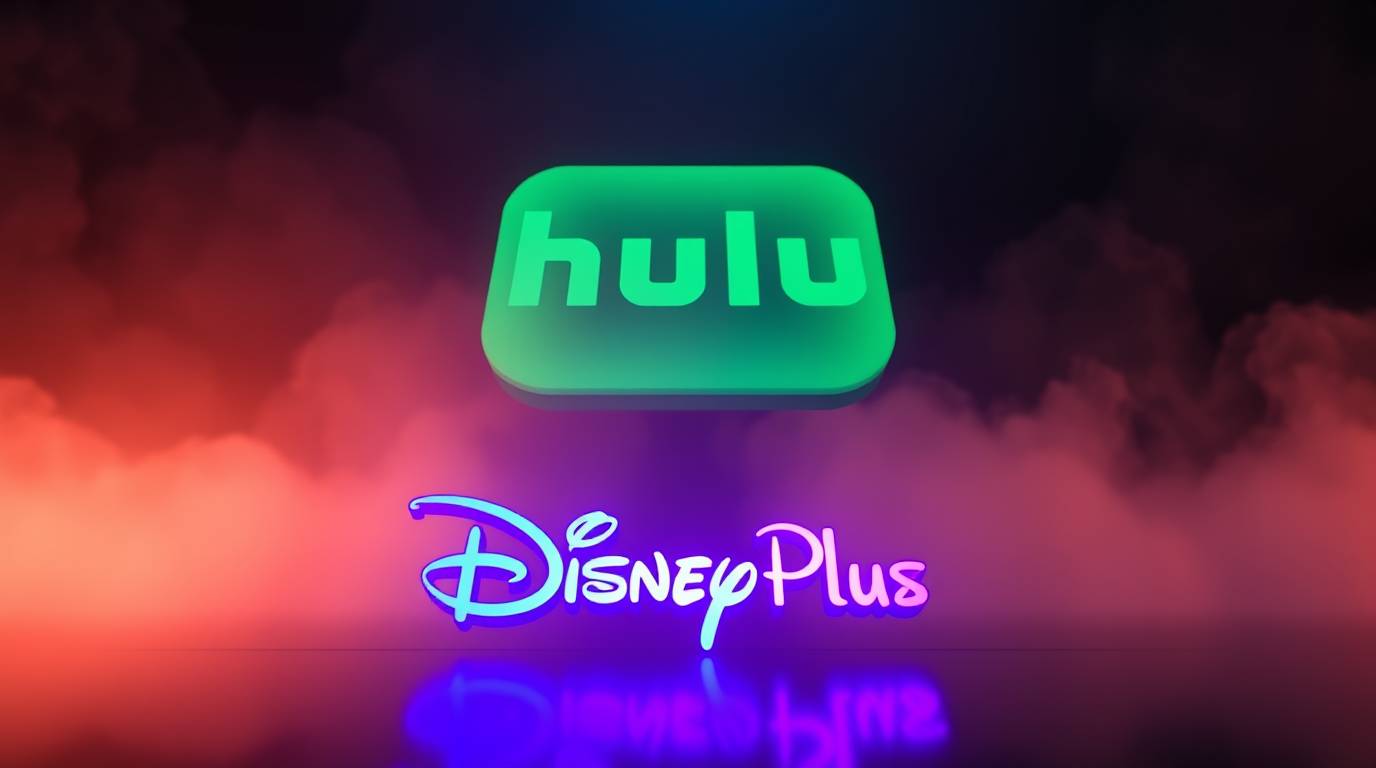Devon Walker Exits SNL, Calls Show’s Workplace “Toxic as Hell”
In a social media post that sent ripples through the entertainment industry, Devon Walker announced his departure from Saturday Night Live after three seasons. His candid description of the show as sometimes “toxic as hell” wasn’t just a passing remark—it was a glimpse into the often-glamorized yet intensely challenging world of live television comedy. Walker’s exit, framed as a mutual breakup rather than a bitter divorce, raises questions about workplace culture in one of television’s most iconic shows. This post delves into his journey, the reactions, and what this means for the future of SNL.
Who Is Devon Walker?
Devon Walker joined SNL as a featured player in 2022 during the show’s 48th season and was promoted to the main cast in 2024. Known for his sharp impressions of figures like Michael Strahan, Van Jones, and New York City Mayor Eric Adams, Walker quickly became a fan favorite, particularly on the “Weekend Update” segment. Before SNL, he wrote for Netflix’s Big Mouth and Freeform’s Everything’s Trash, showcasing his versatility in comedy writing and performance.
The Exit Announcement: A Candid Reflection
On August 25, 2025, Walker took to Instagram to share his decision to leave SNL. His post, captioned “me and baby broke up,” included a reflective note comparing jobs in the industry to “a bunch of little marriages.” He acknowledged the highs and lows of his tenure:
“Me and the show did three years together, and sometimes it was really cool. Sometimes it was toxic as hell. But we did what we made the most of what it was, even amidst all of the dysfunction. We made a f***ed up lil family.”
Walker’s transparency extended to his gratitude for colleagues like writers Alex English and Gary Richardson, with whom he ran the DAD comedy show in New York. His follow-up Instagram story clarified that his departure was “good news” and simply a matter of timing: “Sometimes mom and dad just don’t see things eye to eye.”
Behind the Scenes: SNL’s Workplace Culture
Walker’s description of SNL as “toxic as hell” isn’t an isolated critique. The show’s grueling schedule, high-pressure environment, and competitive culture have been documented by former cast members and writers. For instance:
- Celeste Yim, a writer who left after five seasons, described the job as “grueling,” noting they slept in their office weekly and faced yelling from “random famous men” and “some famous girls too.”.
- Pete Davidson previously highlighted the low pay, joking that cast members earn “like three grand an episode,” which barely covers living expenses in New York.
Table: Key Aspects of SNL’s Workplace Culture
| Aspect | Description |
| Workload | 80+ hour weeks, sleeping in offices, and relentless deadlines. |
| Interpersonal Dynamics | Reports of yelling from guests and internal pressures; described as “dysfunctional” yet familial. |
| Financial Compensation | Low pay for cast members, with some struggling to afford NYC rent despite the show’s prestige. |
| Creative Freedom | A mix of collaborative opportunities and constraints due to high stakes and celebrity guests. |
Lorne Michaels and the Upcoming Shake-Up
Walker’s exit comes amid hints from SNL creator Lorne Michaels about an impending cast shake-up for Season 51. In an interview with Puck, Michaels confirmed plans to “shake things up,” noting that the focus on the 50th anniversary special had delayed changes. He also assured that James Austin Johnson, who impersonates Donald Trump, would return. Michaels’ acknowledgment of the show’s evolving audience—split between traditional linear viewers and digital consumers—highlights the broader challenges SNL faces in staying relevant.
The Bigger Picture: Toxicity in Comedy Environments
Walker’s experience reflects a broader pattern in the entertainment industry, where high-pressure workplaces often blur the line between creative fulfillment and emotional exhaustion. Comedy, in particular, thrives on collaboration and friction, but when dysfunction becomes pervasive, it can lead to burnout and turnover. Walker’s ability to acknowledge both the toxicity and the familial aspects of SNL resonates with many in creative fields who navigate similar dynamics.
Walker’s Future Plans: What’s Next?
Despite the challenges, Walker remains optimistic about his future. He plans to travel to Japan and then pivot to dramatic acting, ideally working with Julianne Moore. This transition isn’t surprising; many SNL alums, like Eddie Murray and Adam Sandler, have successfully expanded into serious roles. Walker’s background in writing and performance positions him well for this next chapter.
Conclusion: A Farewell with Resonance
Devon Walker’s exit from SNL is more than a career move—it’s a statement on workplace culture in the entertainment industry. His honesty about the show’s toxicity, coupled with his gratitude for the opportunities it provided, offers a nuanced perspective that resonates beyond the confines of 30 Rock. As SNL prepares for its 51st season, Walker’s departure serves as a reminder that even iconic institutions must evolve to prioritize the well-being of their talent.
What are your thoughts on workplace culture in creative industries? Have you experienced similar dynamics? Share your stories in the comments below, and don’t forget to subscribe for more deep dives into the world of entertainment!













